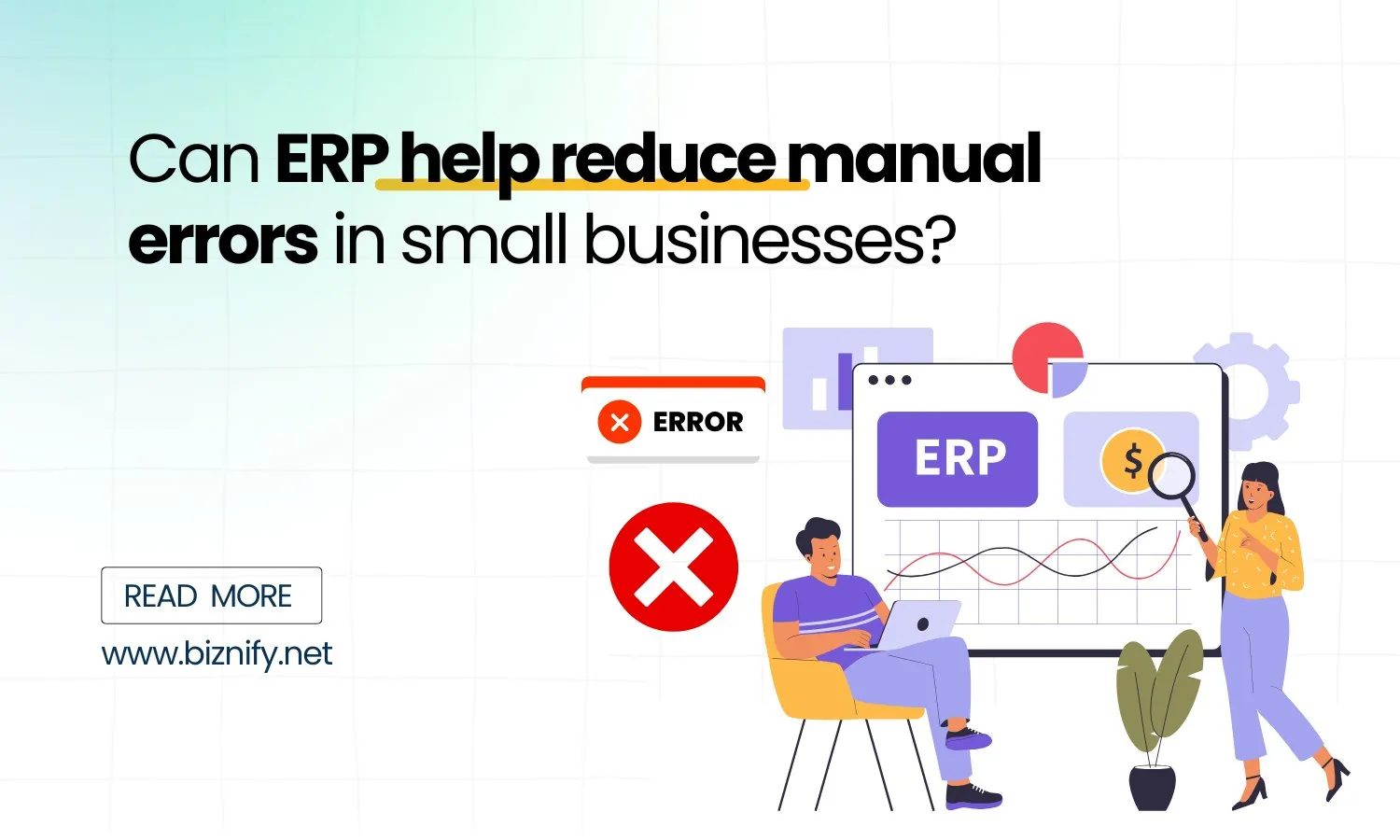
In a small business, everything is personal. You know your staff, your customers, your inventory. You’re involved in decisions big and small. But sometimes, things slip through the cracks. A wrong entry here. A forgotten update there. Small manual mistakes that don't make the news — but they do affect the numbers.
Over time, these small errors turn into big problems. Sales figures don’t match. Customers receive the wrong order. Payroll gets delayed. You spend hours checking reports, fixing entries, and wondering where things went wrong.
The real question is — can an ERP system help fix this?
Many small businesses in Bangladesh still run on pen, paper, spreadsheets, and WhatsApp messages. These tools may feel familiar, but they leave too much room for human error. A missing digit in an invoice. A stock update that doesn’t get saved. A purchase order that’s recorded twice.
These issues are easy to miss at first. But they pile up. You lose time checking data. You lose money on wrong orders. You make decisions based on numbers that aren’t accurate. And all of this slows down your growth.
When a business relies too much on memory, guesswork, or multiple disconnected systems, mistakes become part of the routine. Not because your team is careless, but because they’re juggling too much with too little structure. This is why choosing the right ERP software matters more than ever.
In larger companies, there are separate departments for accounts, sales, HR, and logistics. But in smaller setups, one person might handle all of those tasks. And when that person is tired, distracted, or overwhelmed, the chance of error goes up.
There’s also a trust factor. In a small team, people tend to fix mistakes manually instead of reporting them. That means the root cause never gets addressed. And so, the same problems repeat week after week.
The tools you use every day matter. If you're working with systems that don’t guide the process — like open-ended spreadsheets or paper notebooks — then mistakes are almost guaranteed. You’re relying on people to remember everything, check everything, and report everything on time. That’s not realistic, especially in a busy business.
An ERP system doesn’t stop people from making mistakes. But it creates a structure where mistakes are harder to make — and easier to catch. That’s one of the key reasons why ERP software works so well for SMEs — it builds systems that reduce risk without extra effort.
When you input data into an ERP, you’re not just typing it in randomly. Fields are validated. Duplicate entries are flagged. Inventory updates are tracked live. Everything you do is connected to everything else.
For example, if a staff member tries to record a sale for an item that’s out of stock, the system can immediately alert them. If two people try to update the same order, the ERP keeps the records consistent. And if someone forgets to fill in a required field, the system won’t let them move forward.
Instead of relying on memory or habit, the ERP gently forces your team to follow the correct steps. Over time, this builds a habit of doing things right, not because they’re forced to, but because it becomes the easiest way.
There’s a common belief that ERP systems are expensive, complicated, and only for large corporations. But that’s changing fast.
Today, platforms like Biznify are designed specifically for small businesses. You don’t need a full IT department. You don’t need to learn coding or manage hundreds of features. You just need a system that shows the right screen to the right person and keeps all your business data in one place.
One business in Dhaka started using Biznify to track inventory across three outlets. Before ERP, their stock mismatches were a weekly issue — a problem common in setups without proper ERP implementation planning. After switching to Biznify, they saw a 75% drop in manual stock corrections, just because their team could finally see and update the right numbers in real time.
It wasn’t about the software being advanced. It was about the system making it easier to get things right than to keep guessing.
Not every ERP is a good fit. If you run a business with 5–15 employees, you don’t need an overcomplicated system with dashboards you’ll never use. You need a setup that works in your language, on your internet connection, with your team’s skills.
Biznify focuses on these exact things. It works even when internet speed is low. It offers branch-based access so you can control who sees what. And it supports mobile-friendly features so you can update records from the shop floor or warehouse — not just a desktop computer.
When your tools match how your business really runs, your team makes fewer mistakes without even trying.
Some business owners hesitate to start using ERP because they think it will replace everything overnight. That’s not how it works — and it doesn’t have to.
You can begin with just one module, like inventory or HR. Train your team on how to log entries properly. Let them get used to it. Once they’re comfortable, add other modules like accounting or sales. That step-by-step onboarding is a core part of every successful ERP rollout.
This step-by-step approach gives people time to adjust. And more importantly, it gives you time to see results. As manual errors go down, trust in the system goes up.
You work hard to grow your business. Every decision, every order, every customer counts. So why risk it all on tools that leave space for errors?
Manual processes aren’t wrong — they’re just outdated. And when you start to feel like you’re spending more time fixing problems than growing your business, that’s when you know something needs to change.
ERP systems like Biznify aren’t a luxury anymore. They’re a way to bring structure, accuracy, and peace of mind to businesses that don’t have time to fix the same mistakes every week.
If you’re wondering how ERP can help reduce manual errors in your small business, our full guide breaks it all down. It’s built for business owners like you — in Bangladesh, working with real teams and real challenges.
Get a guided product demo tailored to your business needs. No assumptions. No generic walkthroughs. Just real use cases.


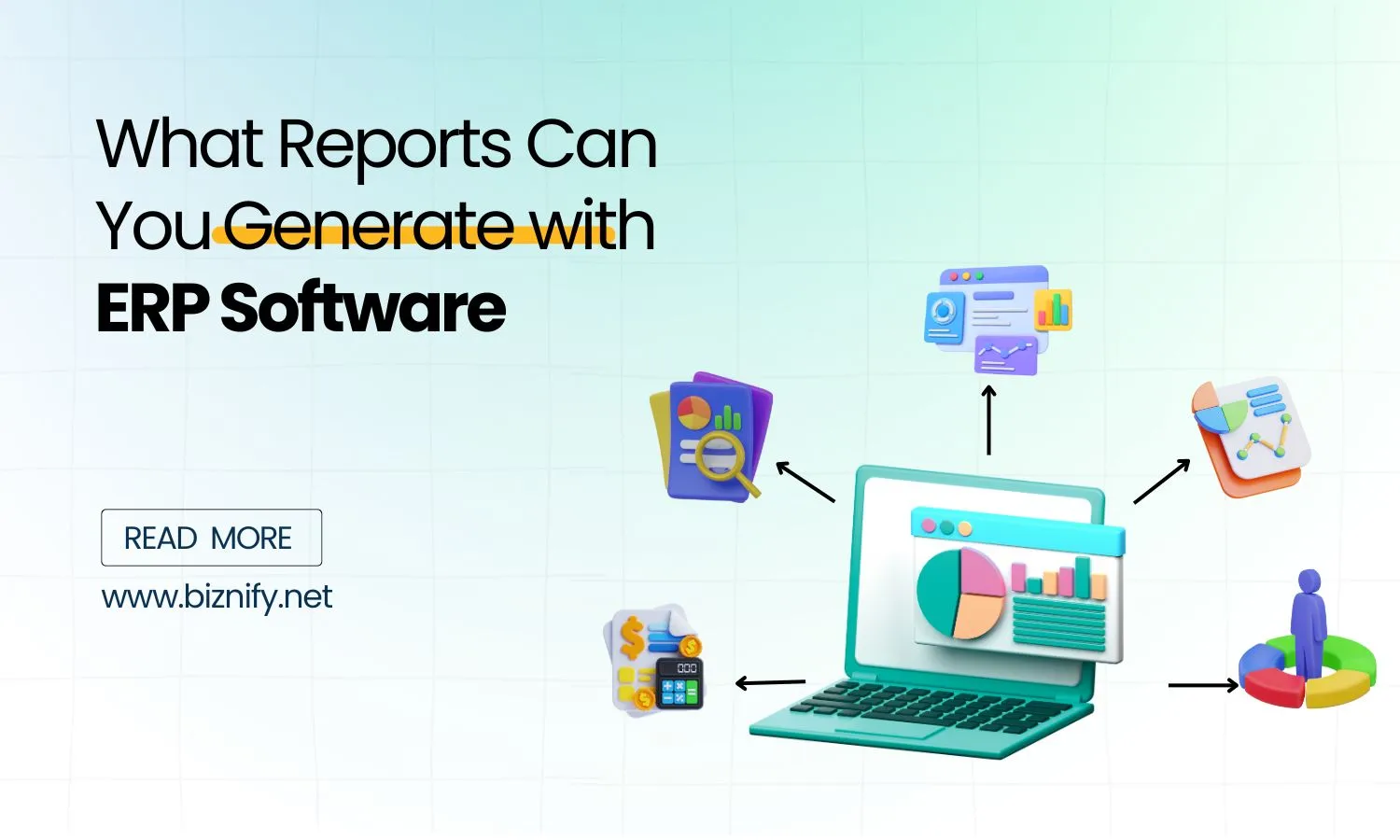
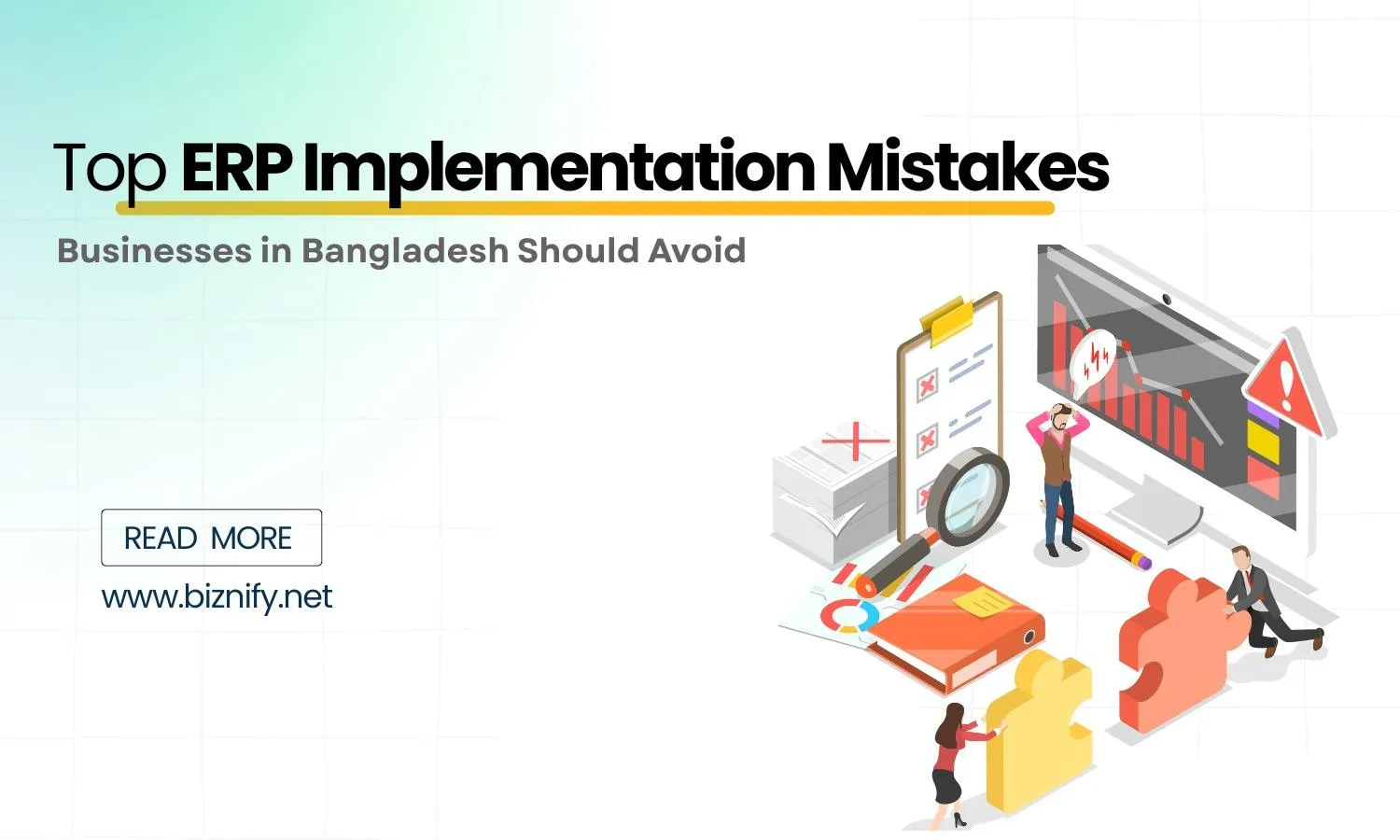
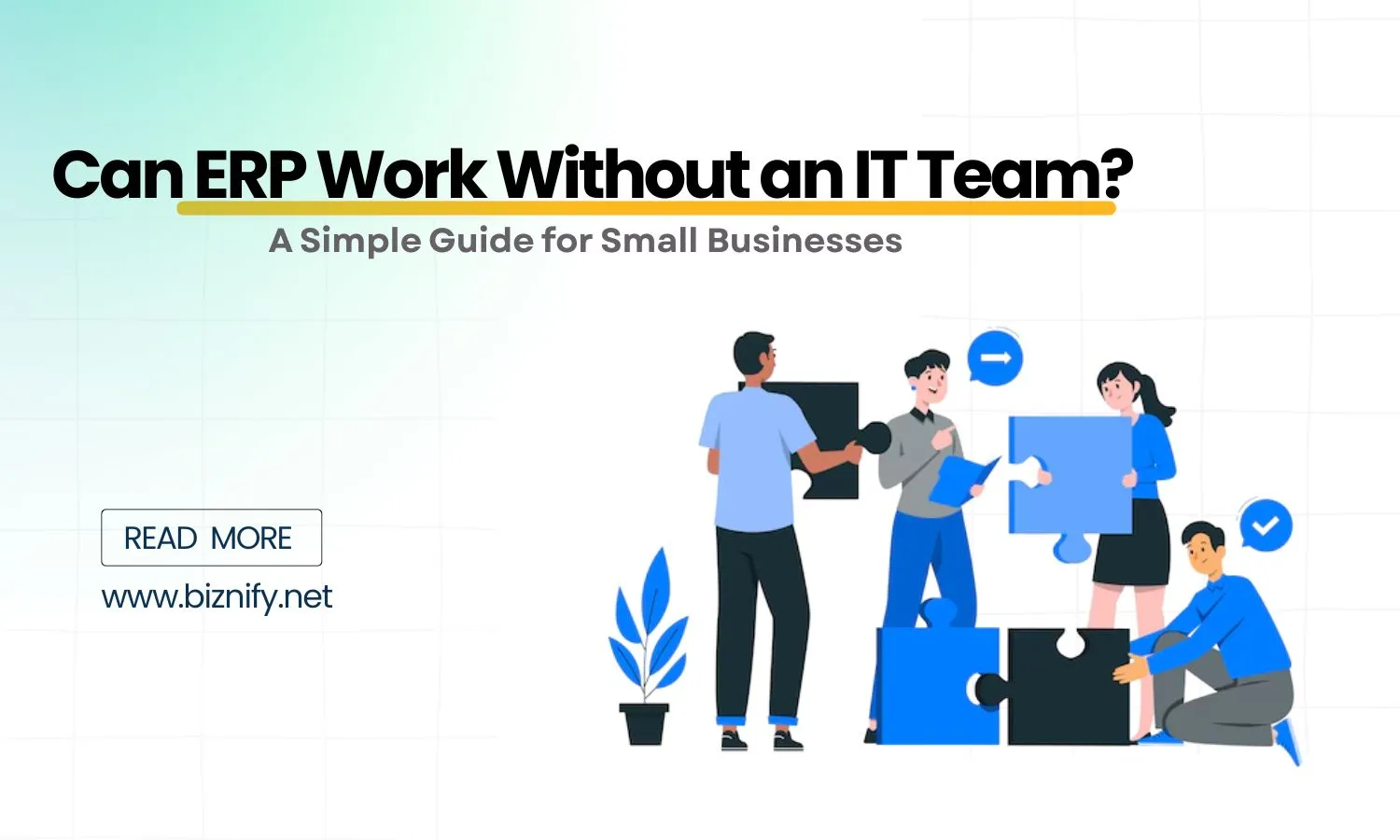
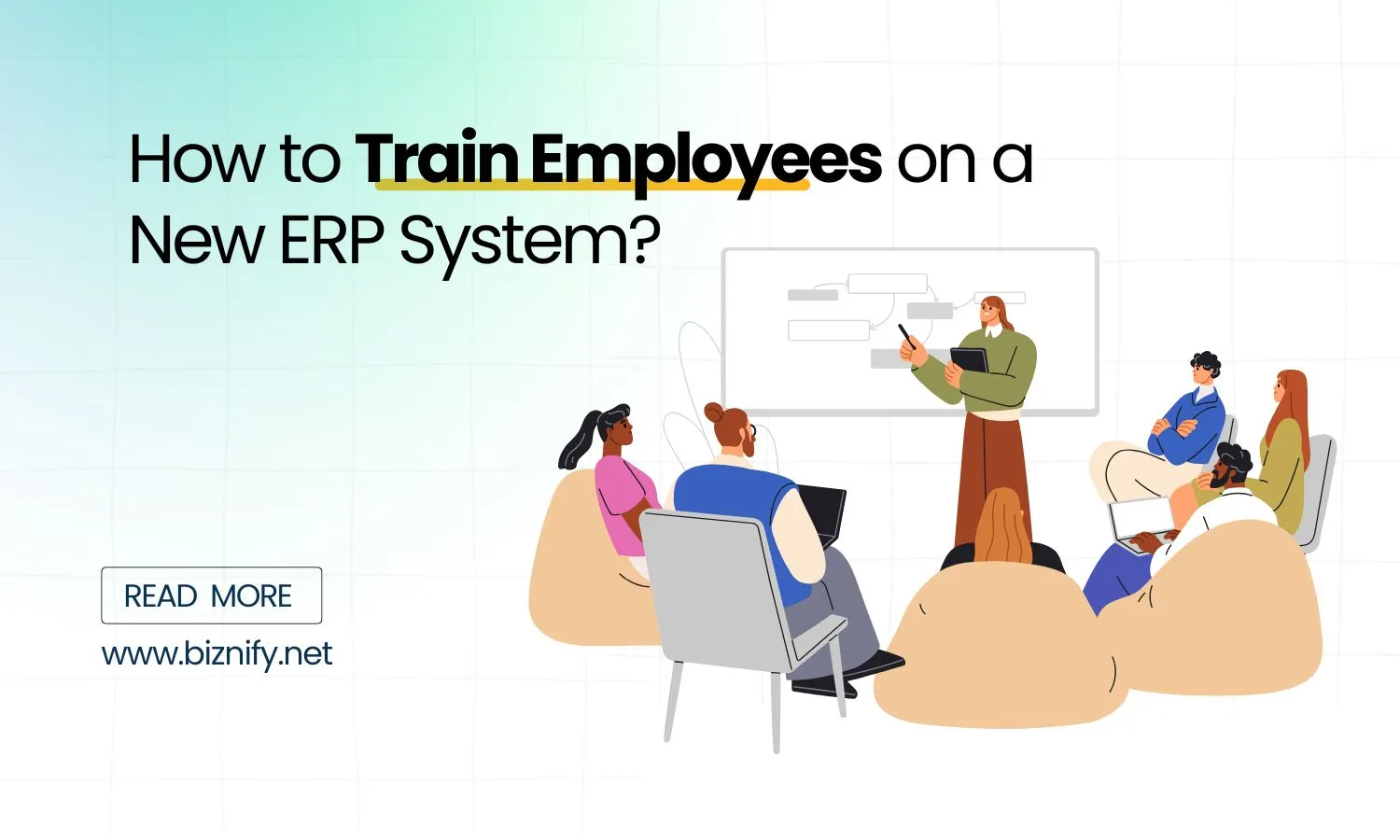
Just exploring ERP or unsure which modules you need? The Biznify team’s here with straight answers.